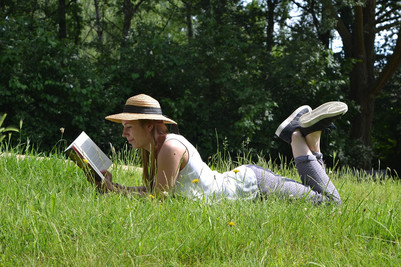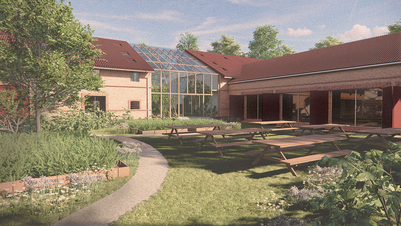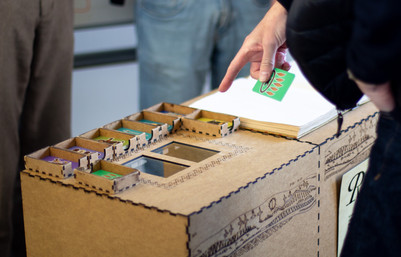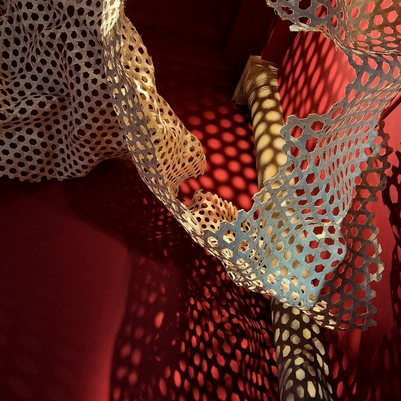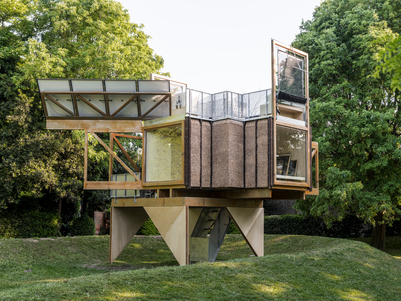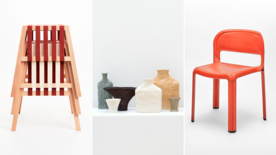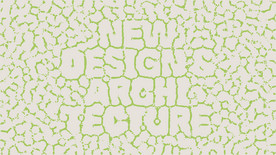
Design terroir: creative and sustainable pathways in and around food systems
Royal Danish Academu
Takkelloftvej 2A
Danmark
Open lecture: Christopher Pierce (AA School of Architecture) and Mark Emil Hermansen (Empirical).
“A terroir is a delimited geographic space defined by a human community that builds throughout its history an ensemble of distinctive cultural traits, of knowledge and practices, based on an interaction system between the natural milieu and human factors. The know-how at play reveals an originality, confers a typicity and allows a recognition for products and services that originate from this space and for humans that inhabit it. Terroirs are living and innovative spaces that cannot only be assimilated to tradition.” – INRA, INAO & UNESCO, 2005.
Design terroir represents an emergent eco-social movement in design and architecture. After sanitised modernism, design terroir practitioners aim at increasing rich, direct environmental experience, and fair social development by promoting local and circular economy. While doing so, this mouvement looks up to the long experience of the hospitality industry with terroir in crafting moments and aesthetics that are rich in fragance, flavour, connection and unicity.
Leaders of the development of creative and sustainable pathways within and around food systems, Christopher Pierce and Mark Emil Hermansen will join us for a lecture introducing their interests & works in this area. Christopher will introduce his initiatives reflecting an untethered creativity at architectural scale, pairing with Mark Emil's efforts to foster terroir innovation with the company Empirical. They will expose us to recent thoughts and works about sustainable innovation based on organic byproducts upcycling and circularity, such as with the development of a glass made with rice husks, or ever-changing sustainable compost-based architecture inspired by Grundtvig's church for example.
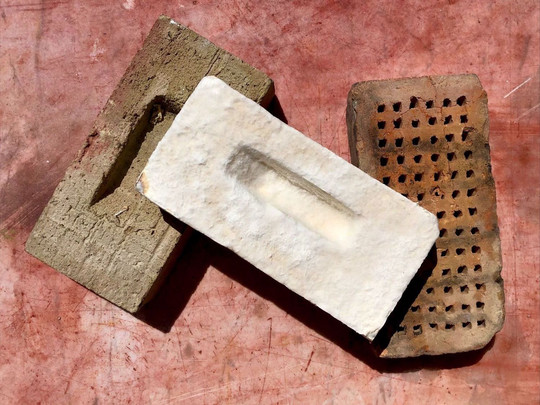
About Christopher Pierce
Christopher Pierce is the Director of the AA Visiting School and Unit Master of Experimental Unit 14 at the AA School of Architecture. Christopher completed his architecture studies at Virginia Tech and gained a PhD in Architectural History at the University of Edinburgh. He has published widely on seventeenth– and eighteenth–century engravings and critiques that cover a disparate range of contemporary architects and buildings. Christopher's current projects include the development of an exhibition on the Chinese architect Liu Jiakun, a monographic research on the British architect Richard Seifert, the development of a publication, ‘Recipes for Food and Architecture’, based on recent collaborations with his creative practice CaP, and the establishment of a network of creative producers across the Global South focused on decolonising practice and working at the leading-edge of sustainability and ethics to redefine global approaches to identity, context and place. Christopher presented CaP's work with noma at WIRED2015, and reached the final two for the design of noma 2.0.
About Mark Emil Hermansen
Mark Emil Hermansenis co-founder of the unique Copenhagen-based flavour company Empirical. After having been Concept Manager for the renown noma restaurant, he has been Development Manager at MAD, a non-profit organisation with a mission to improve food systems sustainability and working conditions for hospitality professionals, created in 2011 by René Redzepi, chef and owner of noma. Previously, Mark Emil led research projects questioning the notion of edibility and promoting entomophagy at the Nordic Food Lab—insects eating—, as a sustainable protein resource. Mark Emil holds a degree from Oxford University in social anthropology, with a focus on the notion of terroir. His paper titled Creating Terroir: An Anthropological Perspective on New Nordic Cuisine as an Expression of Nordic Identity uses food to trace the genealogy of Nordic identity, and highlights with great insight how a group of Scandinavian chefs, in 2004, created not only a new food movement with global implications but also informed a radically new Nordic identity.




